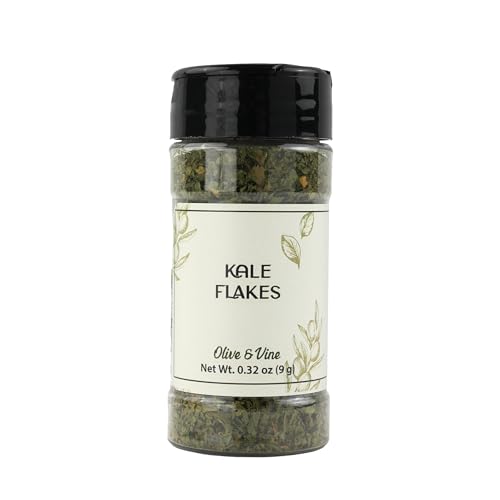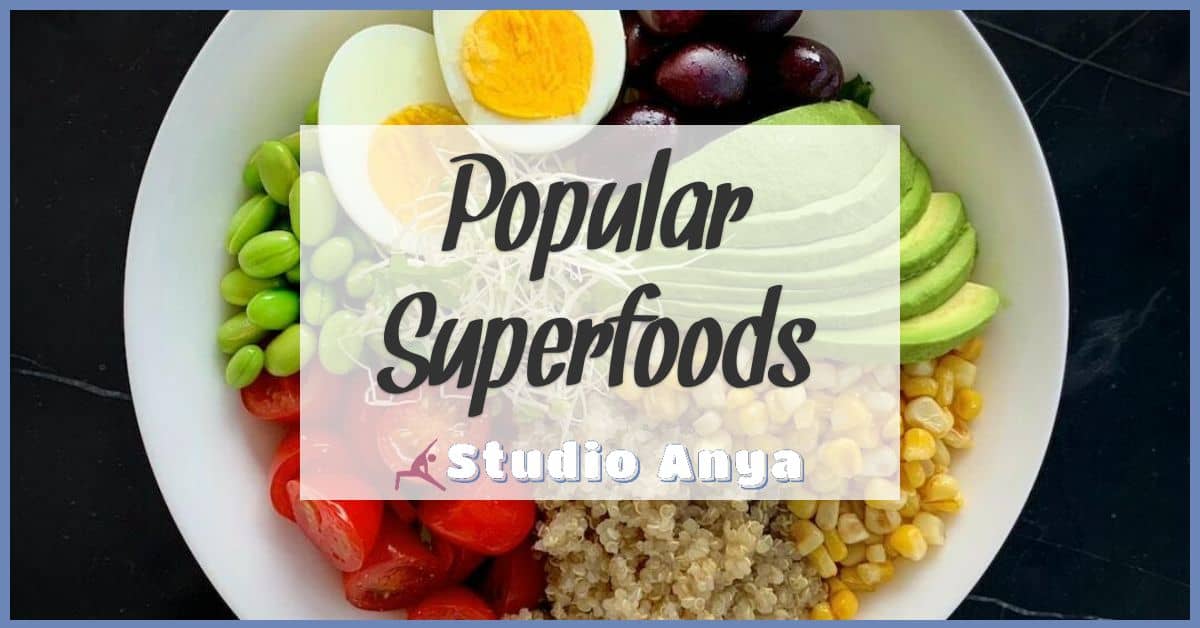When it comes to staying healthy, we often hear about the importance of a balanced diet. But did you know that veggies play a crucial role in cancer prevention? I’ve always been fascinated by how the colorful array of vegetables not only adds flavor to our meals but also packs a punch against diseases.
Research shows that a diet rich in vegetables can significantly lower the risk of various cancers. From leafy greens to vibrant peppers, each veggie offers unique nutrients and antioxidants that help our bodies fight off harmful cells. So let’s dive into the world of veggies and explore how these little powerhouses can make a big difference in our health journey.
The Role of Veggies in Cancer Prevention
I love exploring how vegetables play a crucial role in cancer prevention. A diet rich in various veggies offers essential vitamins, minerals, and antioxidants that help fight off harmful cells. Research shows that incorporating a colorful mix of vegetables can lower the risk of several cancers.
Leafy greens, like spinach and kale, boast high levels of vitamins A, C, and K. These nutrients promote cell repair and bolster the immune system. Cruciferous vegetables, such as broccoli and cauliflower, contain compounds like sulforaphane. Sulforaphane has been linked to reducing cancer risk by hindering the growth of cancer cells.
Tomatoes and carrots, rich in lycopene and beta-carotene respectively, provide substantial protection against specific cancers. Lycopene helps neutralize free radicals, which can cause cellular damage. Beta-carotene, an antioxidant, boosts the body’s immune response and helps maintain healthy skin.
Eating a wide variety of vegetables ensures a balanced intake of nutrients. I recommend enjoying them in their most natural forms, whether raw, steamed, or sautéed. Experimenting with diverse flavors and textures not only elevates meals but also enhances overall well-being. By prioritizing veggies in our diets, we nurture our bodies and empower ourselves in the fight against cancer.
Nutritional Components of Vegetables
Vegetables pack a powerful punch when it comes to nutrition. Their diverse array of vitamins, minerals, and antioxidants provides essential support for our bodies, particularly in the pursuit of cancer prevention.
Vitamins and Minerals
Vitamins and minerals are crucial for overall health. Leafy greens like spinach and kale shine with vitamins A, C, and K, all of which support immune function and cell repair. For example, vitamin A promotes healthy vision and tissue growth, while vitamin C enhances the body’s ability to absorb iron and supports skin health. Cruciferous vegetables, such as broccoli and Brussels sprouts, provide significant levels of potassium, which helps regulate blood pressure and supports muscle function. Incorporating a variety of vegetables into my meals ensures I’m getting these vital nutrients in abundance.
Antioxidants
Antioxidants play a key role in neutralizing free radicals, which can damage cells and lead to cancer. Colorful veggies like tomatoes provide lycopene, known for its cancer-fighting properties, while carrots are loaded with beta-carotene, which the body converts to vitamin A. Bell peppers and sweet potatoes also offer a wealth of antioxidants that support the immune system and promote overall health. By consuming a vibrant mix of these vegetables, I’m continually fueling my body with protective compounds that help me thrive.
Mechanisms of Cancer Prevention
Understanding the mechanisms behind cancer prevention reveals how veggies play an integral role in combating this disease. With so many health benefits, incorporating a variety of vegetables into my diet has become essential for maintaining optimal health.
Anti-Inflammatory Properties
Incorporating vegetables into my meals offers significant anti-inflammatory benefits. Leafy greens, colorful peppers, and tomatoes contain compounds that combat inflammation in the body. For example, vegetables like spinach and kale are rich in vitamins and antioxidants that reduce oxidative stress. By consuming these nutrient-dense foods regularly, I provide my body with the tools to fight chronic inflammation, which is linked to various cancers.
Detoxification Support
Vegetables support the body’s detoxification processes effectively. Cruciferous vegetables, such as broccoli and Brussels sprouts, contain compounds that promote liver health and enhance the detoxification of harmful substances. Eating these veggies helps my body eliminate toxins more efficiently, reducing the potential cancer risk. Additionally, fiber-rich vegetables like carrots and beets assist in digestion and facilitate toxin removal through regular bowel movements. By including these beneficial foods in my diet, I create a foundation for my body to thrive.
Key Vegetables for Cancer Prevention
Incorporating specific vegetables into your diet promotes a healthier lifestyle and aids cancer prevention. Focusing on these key vegetables can empower your wellness journey and boost vitality.
Cruciferous Vegetables
Cruciferous vegetables, such as broccoli, cauliflower, Brussels sprouts, and kale, hold remarkable cancer-fighting properties. Their high levels of sulforaphane, an anticarcinogenic compound, demonstrate potential in reducing the risk of several cancers. Research indicates that consuming just one serving of broccoli weekly can lower prostate cancer risk significantly. The fiber content in these vegetables supports digestion and detoxification, further enhancing overall health.
Leafy Greens
Leafy greens like spinach, kale, and Swiss chard are nutritional powerhouses. Rich in vitamins A, C, and K, they play a crucial role in strengthening the immune system and promoting cell repair. Regular consumption of leafy greens, even in smoothies or salads, can foster a robust defense against cancer. A study found that individuals who consume at least three servings of greens a week show a lower likelihood of developing certain cancers. Their antioxidants, such as lutein and zeaxanthin, also protect cellular health by neutralizing free radicals.
Incorporating Vegetables into Your Diet
Incorporating a variety of vegetables into your diet enhances overall wellness and supports cancer prevention. Before I teach yoga classes or guide meditation sessions, I focus on my meals, ensuring they’re rich in colorful, nutrient-dense veggies.
- Start with leafy greens: I often include spinach and kale in my salads or smoothies for their rich vitamins A, C, and K. These nutrients support my immune system and help repair cells, essential for maintaining optimal health.
- Add cruciferous vegetables: Broccoli and cauliflower are staples in my cooking. I love roasting them with herbs and spices. Their sulforaphane content may hinder cancer cell growth, making them a powerful ally in cancer prevention.
- Embrace colorful vegetables: I choose tomatoes and carrots frequently, relying on their lycopene and beta-carotene. These antioxidants help neutralize free radicals in my body, adding another layer of protection against cancer.
- Explore fiber-rich options: Carrots, beets, and Brussels sprouts keep my digestion in check. Fiber not only aids digestion but also promotes toxin elimination, creating a solid foundation for health and well-being.
- Experiment with variety: I encourage trying new types of veggies each week. Incorporating a diverse array of vegetables nurtures the body, providing it with essential nutrients to empower us in our health journeys.
Making conscious choices about vegetable intake keeps my body and mind aligned. While practicing yoga and meditation, I feel more energized when my diet supports my lifestyle. I invite you to explore and enjoy the vibrant world of vegetables, integrating them into your meals for stronger health and vitality.
Conclusion
Eating a variety of vegetables is one of the simplest yet most effective ways to support our health and reduce cancer risk. I’ve found that adding colorful veggies to my meals not only makes them more enjoyable but also packs a nutritious punch.
From leafy greens to cruciferous choices and vibrant tomatoes and carrots, each vegetable brings its own unique benefits. It’s exciting to think about how these foods can work together to protect our bodies.
So let’s embrace the power of veggies and make them a staple in our diets. By doing this, we’re not just nourishing ourselves but also taking an important step toward a healthier future.













